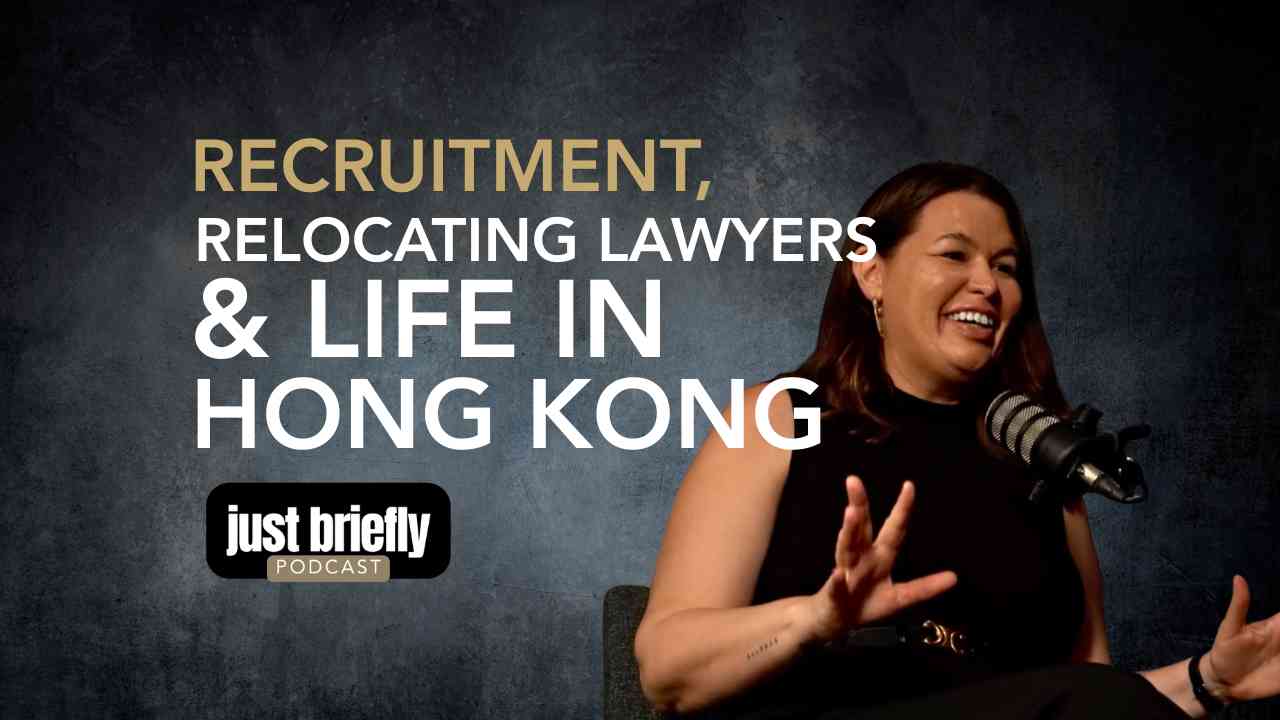Diversity in BigLaw: Progress and Challenges Ahead

The legal industry continues to evolve, with 2024 marking new milestones in diversity and inclusion. However, with Donald Trump back in office, law firms face heightened scrutiny and legal challenges to their Diversity, Equity, and Inclusion (DEI) programs. His administration is likely to roll back diversity-related regulations, embolden lawsuits against race-based hiring initiatives, and enforce a stricter “merit-based” approach. Affirmative action’s demise and conservative judicial rulings may force firms to scale back or rebrand DEI efforts under broader “talent development” programs. This shifting political landscape makes it more important than ever to assess the state of diversity in BigLaw with insights collected from NALP’s latest report.
Historic Highs in Associate Representation
Diversity among associates has reached unprecedented levels in 2024. Women, people of color, and women of color now hold a greater share of associate positions than ever before. This progress reflects law firms’ growing commitment to fostering inclusive hiring practices and creating opportunities for underrepresented groups at the early stages of their legal careers. However, these gains could be threatened by regulatory and judicial shifts that challenge race-conscious hiring initiatives.
Persistent Underrepresentation Among Partners
Despite two consecutive years of record growth for women in partnerships, significant disparities remain. Women and people of color continue to be vastly underrepresented at the partner level, with women of color making up just over 5% of all partners. While these numbers are slowly improving, the pace of change suggests that systemic barriers still hinder equitable career advancement in BigLaw.
For firms with 601+ lawyers, the top 10 firms for female equity partner representation according to Law360 Pulse’s 2024 Women in Law Report, include:
- Littler Mendelson – 38.2%
- Willkie Farr & Gallagher – 36.1%
- Jackson Lewis – 36%
- Davis Wright Tremaine – 33.9%
- Covington & Burling – 32.7% (tied)
- Arnold & Porter Kaye Scholer – 32.7% (tied)
- Ropes & Gray – 32.6%
- Jones Day – 32.4%
- Morrison & Foerster – 32.1%
- Orrick, Herrington & Sutcliffe – 31.7%
Diversity Among Equity Partners
While the percentage of both women and equity partners of color increased in 2024, equity partnerships remain the least diverse tier within law firms. Firms must now navigate an increasingly complex environment to maintain inclusion without violating evolving legal standards. Stricter immigration policies under Trump’s administration could also limit diverse talent pipelines while boosting demand for immigration law services.
Counsel and Staff Attorney Representation
Progress is also visible among counsel and staff attorneys. Women in counsel roles increased by 1.5 percentage points, while counsel of color saw a modest rise of 0.3 percentage points. Additionally, the proportion of women and people of color among staff attorneys experienced an upward trend, with figures fluctuating between 54% and 58% since 2012.
Overall Growth in Lawyer Diversity
Law firms have seen record growth in overall lawyer diversity. The percentage of women lawyers surpassed 40% for the first time, reaching 40.87%. This milestone signifies a broader shift in legal hiring practices and reflects the increasing number of women entering and remaining in the profession. However, corporate clients who still demand diverse legal teams may find themselves at odds with firms navigating new legal and political risks to their DEI strategies.
LGBTQ Representation Surpasses 5%
For the first time, more than 5% of lawyers in BigLaw identify as LGBTQ. The representation is even higher among associates (7.75%) and summer associates (12.92%), but remains significantly lower among partners (2.75%). These figures highlight the need for firms to support LGBTQ attorneys in progressing to senior leadership roles.
Declining Representation in Summer Programs
Although summer associate programs continue to serve as a pipeline for diverse talent, with overall increases in summer associates of color, 2024 saw a sharp decline in the percentage of summer associates who identify as Black, dropping by 1.5 percentage points. This decrease may be attributed to several factors such as limited mentorship opportunities. The decline highlights persistent challenges to be addressed.
The Path Forward
While 2024 marks historic progress in many aspects of law firm diversity, the data underscores the need for continued efforts, particularly at the partnership level. With Trump’s administration poised to roll back DEI regulations, law firms must carefully navigate shifting political and legal landscapes. Firms that prioritize diversity, equity, and inclusion not only foster more dynamic and innovative work environments but also build stronger, more representative legal teams.
At Sonder Consultants, we remain committed to advocating for a more inclusive legal industry, connecting top diverse talent with opportunities in leading firms worldwide. If you’re looking to make a strategic move in your career, get in touch with us today.





